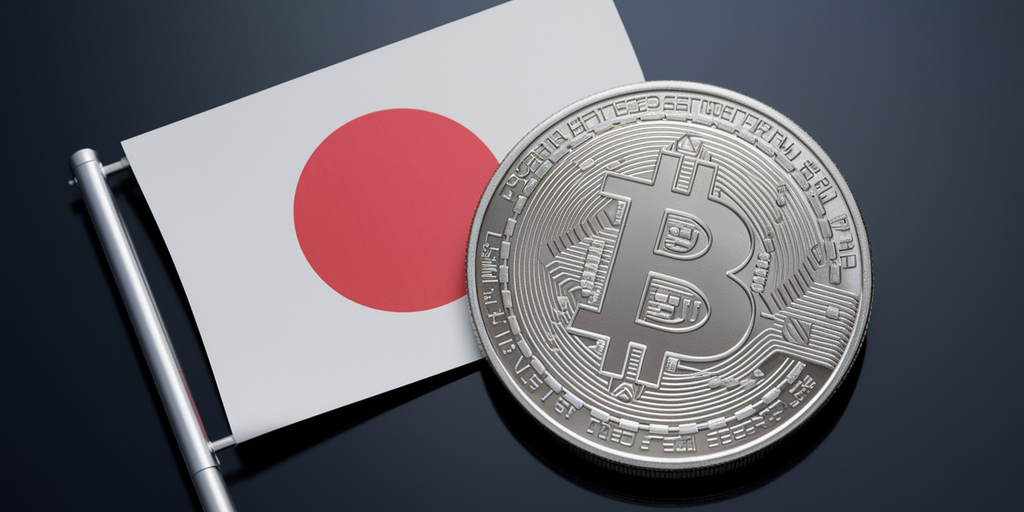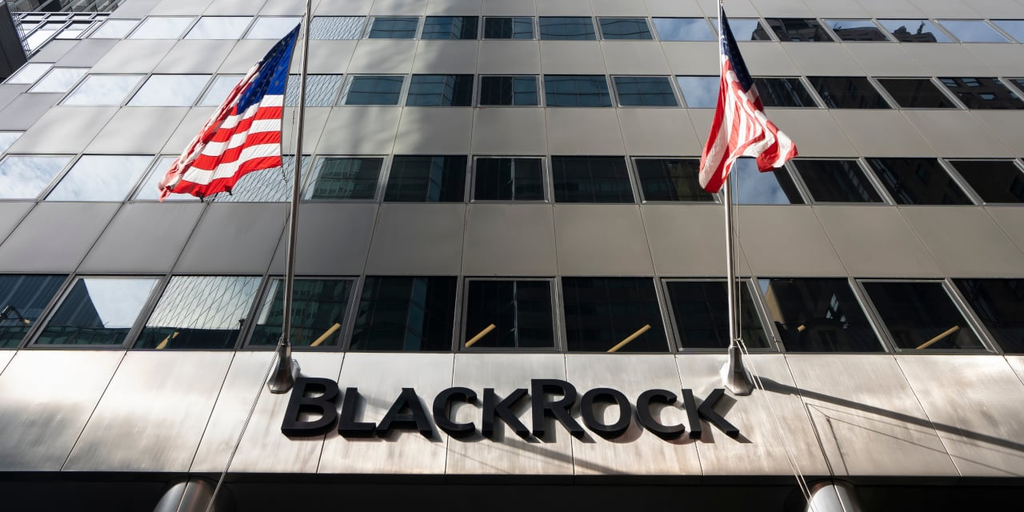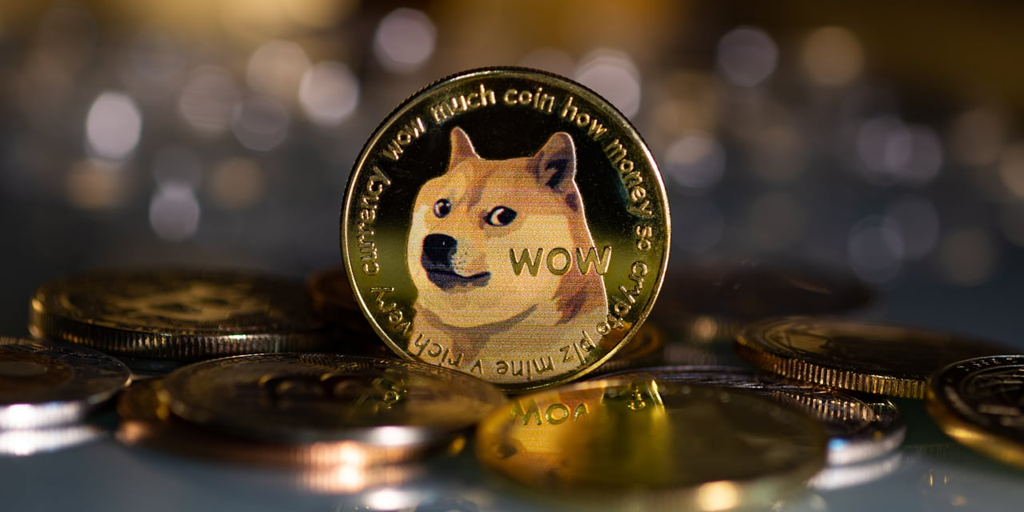This week in coins. Illustration by Mitchell Preffer for Decrypt.
With Sam Bankman-Fried charged and behind bars and FTX’s implosion beginning to fade (ever so slightly) into the rearview mirror, this week saw coin prices finally start to act normal. And that meant: just as turbulent as the stock market.
Bitcoin (BTC) and Ethereum (ETH) moved in lockstep with Wall Street this week, cresting on Wednesday in anticipation of a rosy interest rate update from the Federal Reserve, following better-than-expected news from the U.S. Bureau of Labor Statistics that inflation fell in November to 7.1%. At its high point on Wednesday prior to the Fed’s meeting, BTC bounced above $18,000 for the first time since FTX’s spectacular collapse in mid-November.
The top two cryptocurrencies then crashed immediately after the Fed’s announcement that same day that the U.S. central bank plans to keep raising rates into 2023 to combat inflation.
As of Saturday morning, Bitcoin was down 2.6% over the past seven days, while Ethereum fared worse, down 6.6% in that period.
But the week’s biggest loser among the top 10 is Dogecoin (DOGE), down a whopping 20% since last weekend. Crypto’s largest meme coin started the week off on a rough note, shedding 9% overnight on Monday evening. The rest of the week didn’t get any better, as the coin doubled its losses, falling another 11% to 7 cents by Saturday.
DOGE spiked in late November off speculation that Elon Musk planned to incorporate it into Twitter as a payment method; this week’s news cycle, while Twitter dominated, was less positive, centering on Musk’s banning of several journalists from the social media platform.
To win this week appeared to take more than riding the winds of market forces.TON, the native token of messaging app Telegram’s decentralized layer one blockchain The Open Network, surged a whopping 29.8% this week, off Telegram’s announcement that users no longer need SIM cards to use the app. Users can now instead purchase anonymous phone numbers from Telegram with TON, a move that sets the privacy-minded app apart from competitors like Signal and WhatsApp, which still require users to sign up with real mobile numbers.
Stay on top of crypto news, get daily updates in your inbox.
Source link













